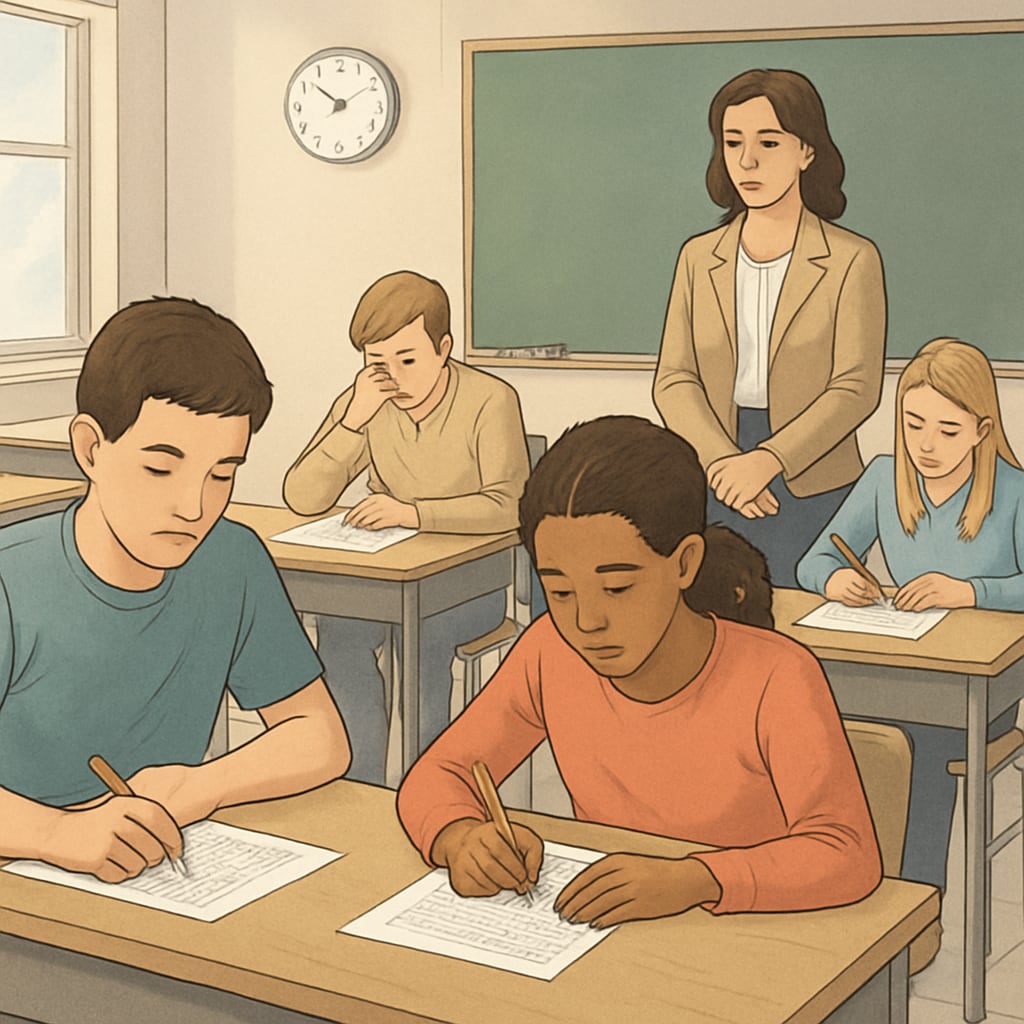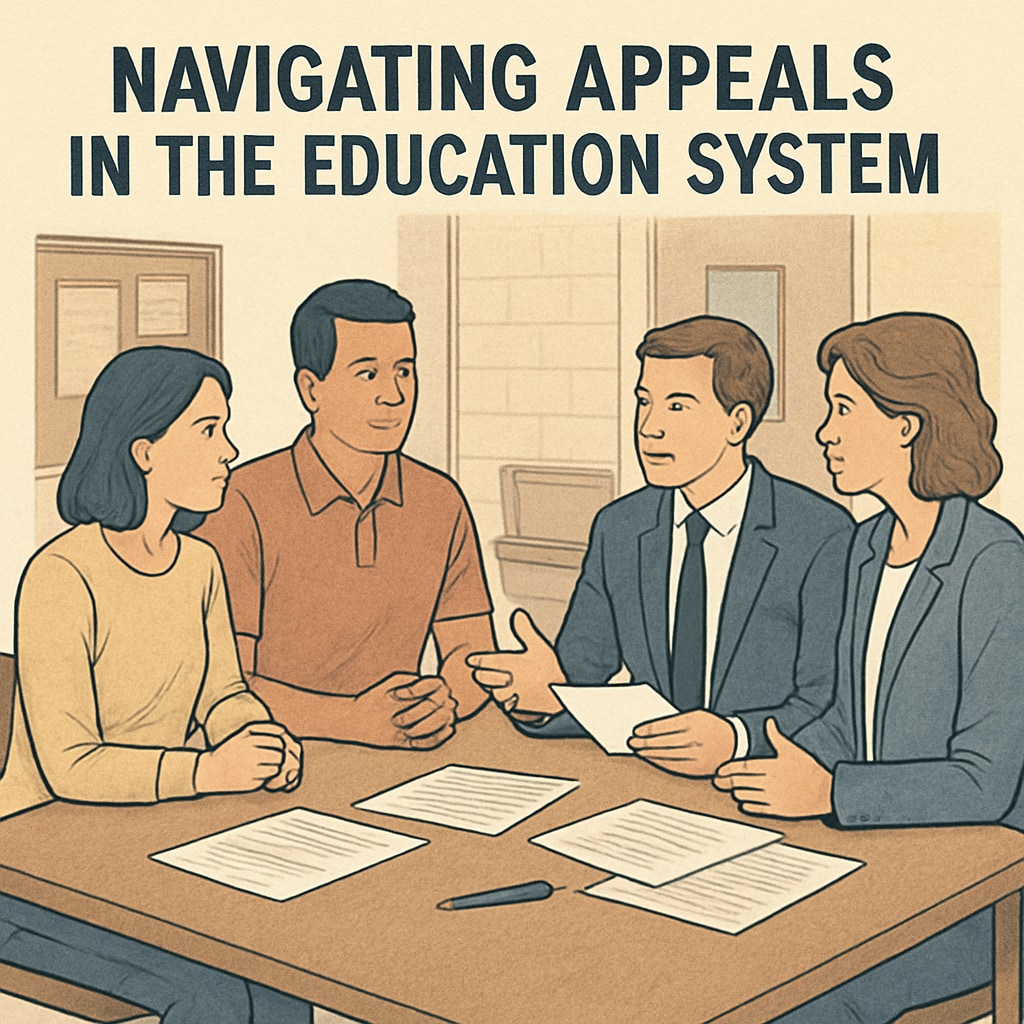Grade evaluation plays a pivotal role in the academic journey of K-12 students, shaping their opportunities and future prospects. However, when errors in assessment arise, such as those caused by a lack of teacher expertise or oversight, the consequences can be profound. A recent case involving an AP Physics exam highlights these issues, where teacher errors led to unfair grading and an unsuccessful appeals process. This incident underscores the need for a transparent and just system for evaluating academic performance.
When Teacher Errors Undermine Student Success
AP Physics courses are known for their rigor, demanding a deep understanding of complex scientific principles. However, these challenges are compounded when students face instructors who lack the required subject expertise. In the highlighted case, the teacher’s misinterpretation of exam content and grading rubrics resulted in several students receiving lower scores than they deserved. For students who had invested countless hours preparing for the exam, this error not only impacted their grades but also their college applications and self-confidence.

Errors of this nature are not isolated incidents. According to research published by Britannica, inconsistencies in grading are a recurring issue in standardized tests globally. These errors are often tied to the human element in education—teachers may lack adequate training or support in managing such high-stakes assessments.
The Flawed Appeals Mechanism
When students or parents identify grading discrepancies, they often turn to the appeals process. In theory, this mechanism should serve as a safeguard against unfair evaluations. Unfortunately, the appeals system in this case failed to deliver justice. The students’ families submitted detailed evidence highlighting the teacher’s errors, yet the school dismissed their claims, citing procedural limitations. This raises critical questions about the effectiveness and impartiality of the current appeals process.

As noted by Wikipedia, academic integrity is not just about preventing dishonesty; it is also about ensuring fairness in evaluations. When schools prioritize protecting their staff over addressing legitimate student concerns, they fail in upholding this principle. This case demonstrates how the imbalance of power between students and educational authorities can obstruct justice, leaving students with little recourse.
Reimagining Educational Justice
The AP Physics case is a stark reminder of the broader systemic issues within the K-12 education system. To create a fair and equitable academic environment, several reforms are needed:
- Teacher Training and Certification: Schools must ensure that teachers handling advanced courses like AP Physics possess the necessary qualifications and receive ongoing professional development.
- Transparent Appeals Processes: Appeals mechanisms should be easy to access and involve independent third-party review to eliminate bias.
- Regular Audits: Schools should implement routine audits of grading practices to identify and address inconsistencies before they escalate.
Implementing these measures would not only prevent similar incidents but also restore trust in the educational system. Students deserve to have their hard work evaluated accurately and fairly, free from the shadow of institutional errors.
Conclusion: A Call for Accountability in Education
The intersection of teacher errors, flawed grading, and failed appeals in the AP Physics case highlights the urgent need for systemic change. Students should not have to bear the brunt of institutional shortcomings, and educational systems must prioritize transparency and accountability. By addressing these issues head-on, we can work toward a future where grades truly reflect knowledge and effort, rather than the fallibility of authority figures.
Only when such reforms are implemented can we ensure that education remains a tool for empowerment rather than a source of inequity.


